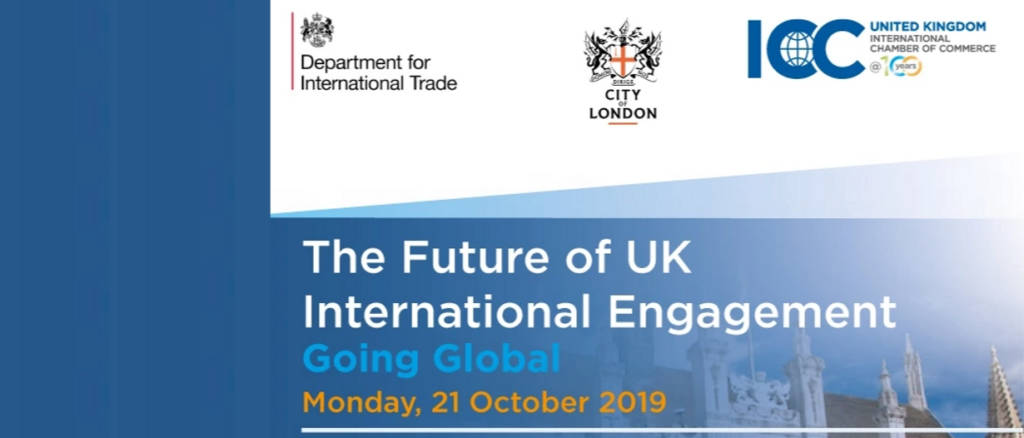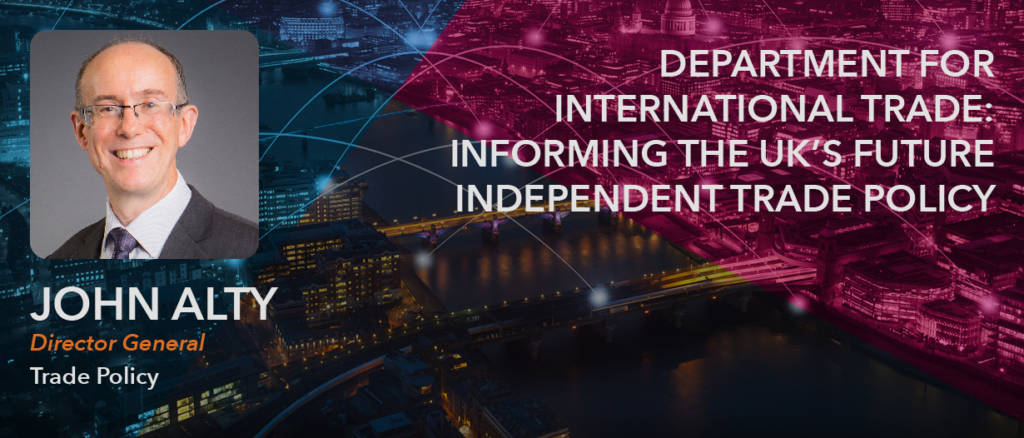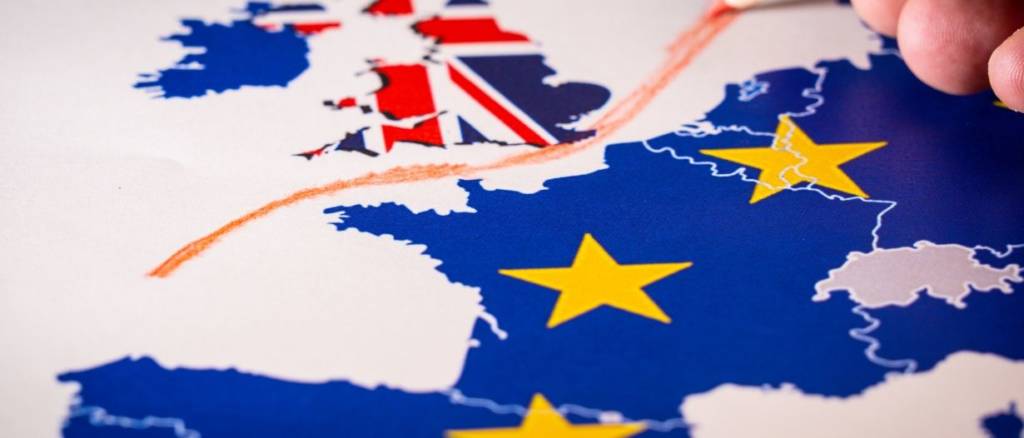With the development of more interconnected alternative finance options for businesses and the emergence of open banking in the marketplace, the option of Peer-to-Peer (P2P) lending is seeing a great increase in popularity over the years among its SME audience.
Following the announcement on 9 October 2019 by the African Export-Import Bank (“Afreximbank” or the “Bank”), a supranational financial institution whose purpose is to facilitate, promote and expand intra- and extra- African trade, of its potential intention to publish a registration document, the Bank hereby confirms its intention to proceed with an Initial Public Offering.
ICC invites business leaders and government officials to join the discussion around the future of UK international engagement and the role of the private sector in shaping the global trading environment, in particular with the emerging markets, at its upcoming event – Going Global – which will take place at the Guildhall on 21st October 2019.
Before 2019, Sibos made its last appearance in the UK in Brighton, 1985. So, what was the world like in 1985? TFG’s Ross McKenzie reports on the trade themes of Sibos 2019.
London, 20th September 2019. Trade Finance Global (TFG) are delighted to announce a media partnership with TXF at their 2019 Commodities Geneva and Political Risk & Insurance London Conferences.
The global trading system is in disarray. Global economic growth is slowing, half the G20 are now operating under openly protectionist agendas, and tensions between China and the United States remain high – despite faint promise of a truce earlier this year. But over in the UK, all of this is overshadowed by the continuing dispute over Brexit. The nation is bitterly divided, and we are fast approaching what could constitute a national crisis.
EORI numbers – or economic operator indicator numbers – are essential for exporters. Based off a company’s VAT number, an exporter needs an EORI in order to complete a Customs Declaration. Till now, UK businesses have not needed to complete such documentation in order to sell into Europe, but this will change with Brexit.
Our departure from the EU will give the UK the ability to take control of its own independent trade policy for the first time in more than 40 years.
Distributed Ledger Technology (DLT) has been around for several years and has its roots in the world of cryptocurrencies, often referred to as Blockchain. Having brought some very interesting opportunities to the Banking market, attention was sparked in other industries such as Insurance, Healthcare, Shipping, Supply Chains, Manufacturing and Trade Finance.
Minister for International Trade, Conor Burns, chaired his first meeting of the Strategic Advisory Group today (Tuesday 10 September). This is the second meeting of the representatives from business and… read more →
























